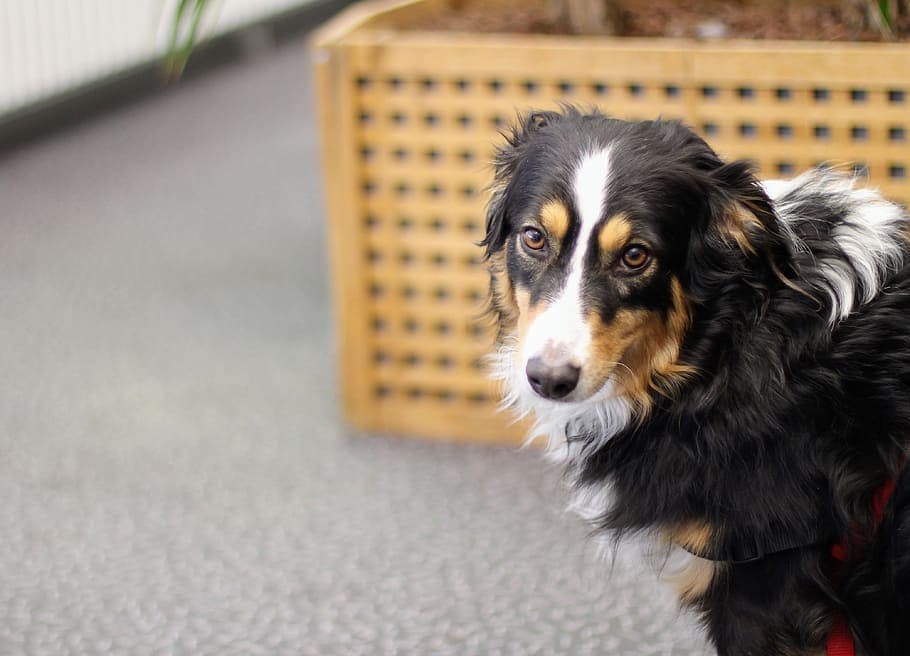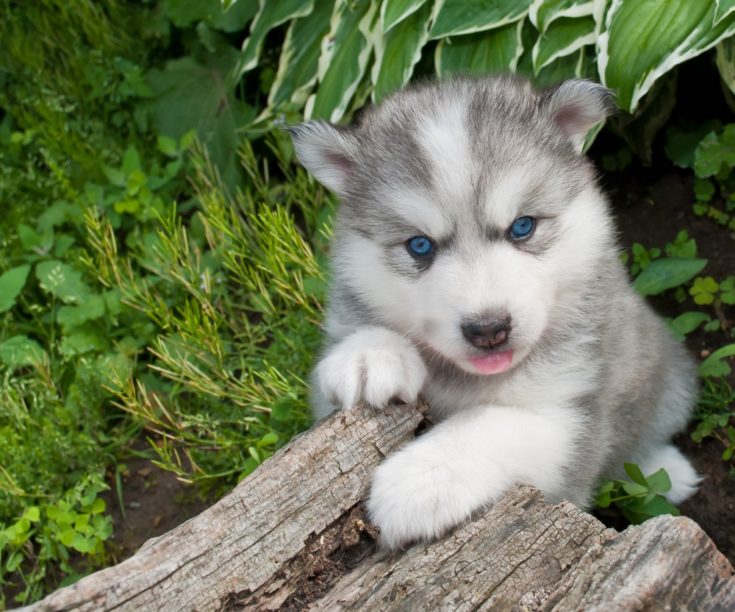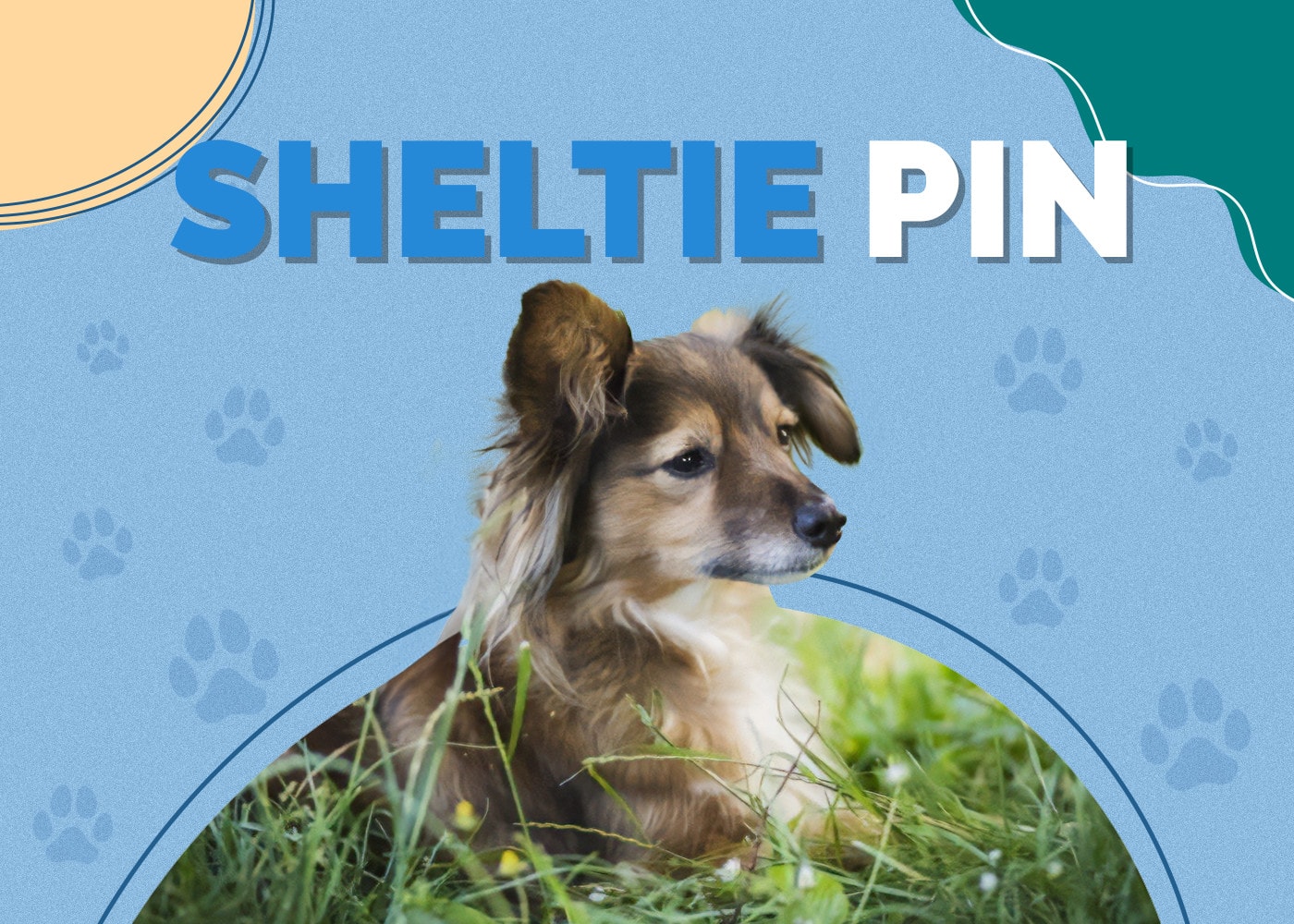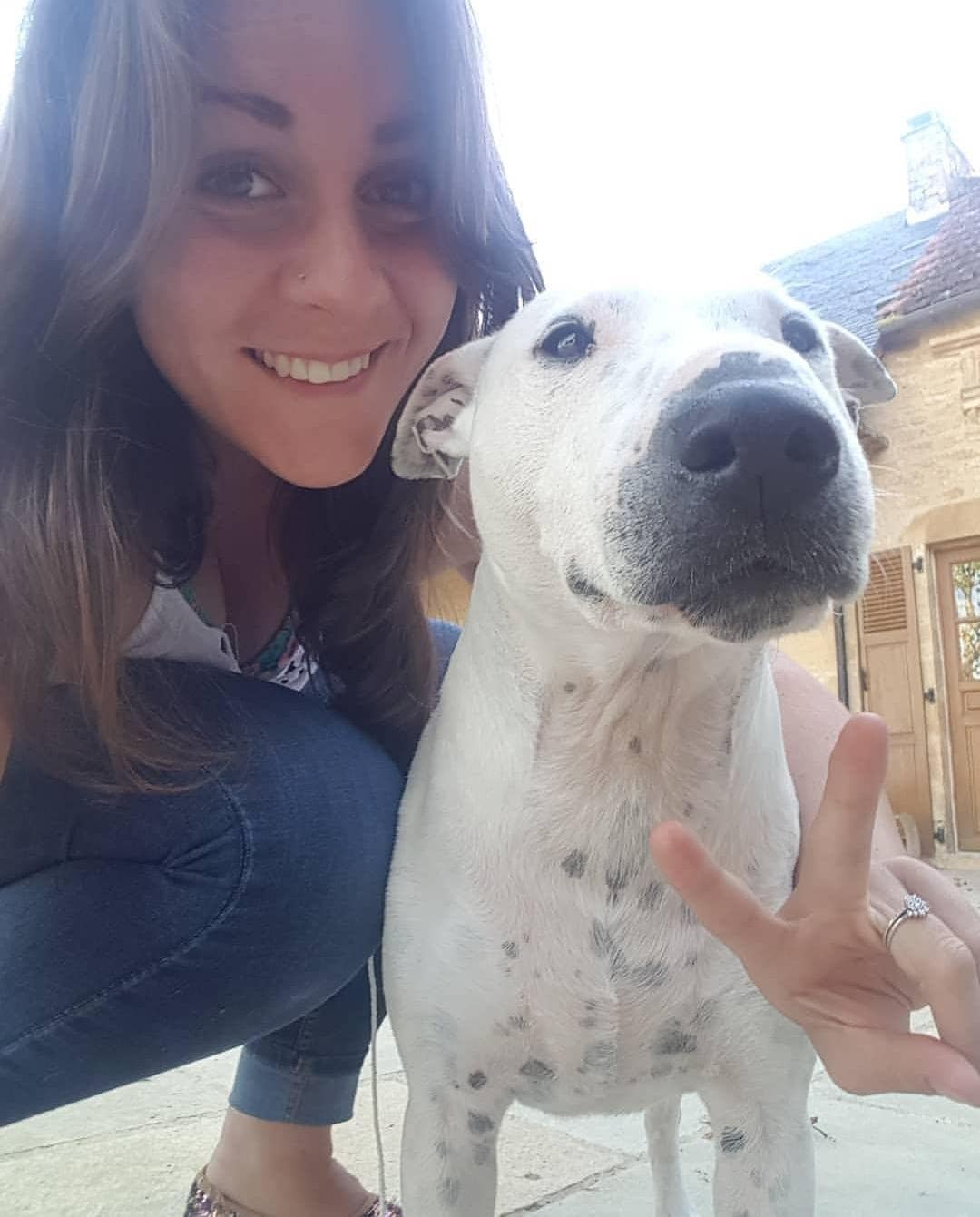Yorkillon (Yorkie Papillon) Dog: Pictures, Care Guide, Temperament & Traits
Updated on
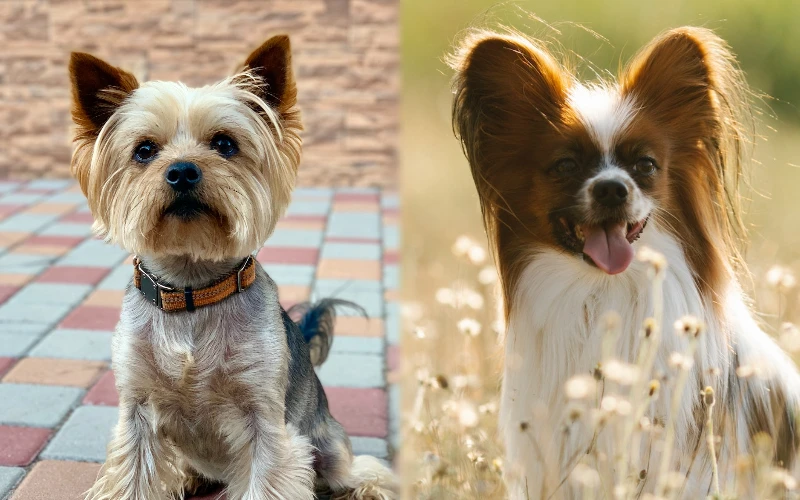
Click to Skip Ahead
As a cross between a Yorkshire Terrier and a Papillon, the Yorkillon is a tinier version of its parents. The Yorkillon is a tiny canine with a large personality, which you probably already know if you’ve ever been around one or its parents.
If you’re considering giving a Yorkillon a forever home, you’ll need to know how to care for the dog to make a final decision. We’ll discuss the Yorkillon’s temperament and other characteristics, so you can determine if the dog is ideal for your home.
| Height: | 8 to 10 inches |
| Weight: | 6 to 9 pounds |
| Lifespan: | 12 to 15 years |
| Colors: | Black, fawn, sable, white, silver, blue, red, brown |
| Suitable for: | Retired couples, individuals, families with older children |
| Temperament: | Loyal, affectionate, eager to please, intelligent |
The Yorkillon is a tiny bundle of energy that is loyal, affectionate, eager to please, and intelligent to boot. The breed is also quite stubborn at times, so you might want to prepare yourself to do battle regarding training. Your Yorkillon puppy can live in a smaller home as long as you get the dog outside to exercise and play every day.
Keep reading below to see if this is the right choice of pet for you and your family.
Yorkillon (Yorkie Papillon) Breed Characteristics
Yorkillon (Yorkie Papillon) Puppies
Affectionate and loyal, the Yorkillon will do well with families who have older children. You’ll be able to find this breed at a reputable breeder, or sometimes even at the local animal shelter, if someone has to surrender the dog for various reasons.
If you choose to purchase your dog from a breeder, do careful research to determine if the breeder is reputable because there are many puppy mills out there, and that’s not where you want to give your business. Ask to see the health records of the parents of your Yorkillon, and a reputable breeder will have health screening records and should have no problem showing you the documents if you request them.
A breeder refusing to let you see the parent’s health records should raise a red flag, and taking your business elsewhere is best. However, if possible, try to adopt a Yorkillon from the local rescue shelter; not only will doing so save you money, but it will also save the life of the dog you adopt.
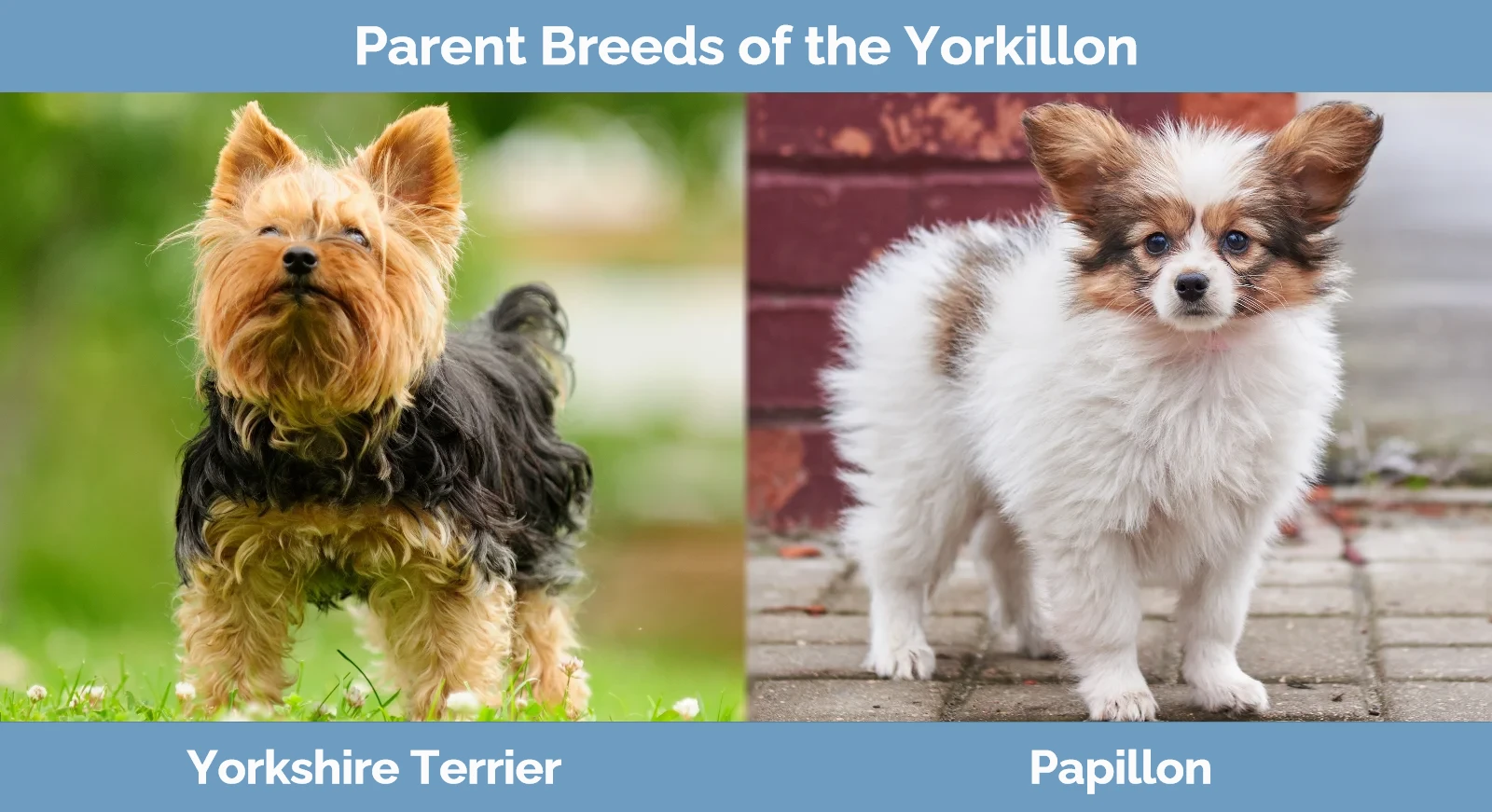
Temperament & Intelligence of the Yorkillon (Yorkie Papillon) 🧠
The Yorkillon is intelligent, sweet, and loyal but has a few less-than-positive traits. While the Papillon is a sociable dog once it gets to know people, it is wary of strangers, so your Yorkillon may be as well. They can also be stubborn, and training them requires a great deal of patience.
While your Yorkillon is loving, eager to please, and wants to be with its family, there will be times that it’ll want its own way and try really hard to get it. You can curb some of these less-than-positive traits with proper training, however.
Are These Dogs Good for Families? 👪
The Yorkillon makes an excellent pet for the right family. However, it is better for them to go to a family with older children if possible. Since the dog is tiny and fragile, it would be easy for the puppy to be injured if the children decided to be too rough with it.
A Yorkillon makes a good pet for individuals and couples, as long as someone is around to pay attention to the pup, as they can suffer from separation anxiety and need to be with their pet parents as much as possible.
One of the things that people love most about the Yorkillon is that they are supremely loyal to their pet parents. However, this can become an issue if the dog isn’t trained and socialized correctly. Training will rid your Yorkillon of some negative qualities, such as barking, yapping, and even destructive chewing.
Does This Breed Get Along with Other Pets?
Your Yorkillon puppy will get along well with other pets if the dog is socialized early and raised around other animals. Since the dog is prone to becoming possessive of its pet parents, they can get nippy and aggressive if they feel they aren’t getting enough attention. However, training, socialization, and ensuring you give your pet plenty of attention should help with that.
Things to Know When Owning a Yorkillon (Yorkie Papillon):
Before you decide to bring any dog home, you need to know how to feed it, how much exercise it needs, and any health conditions the dog might have inherited from its parent breed that you might need to look out for.
Food & Diet Requirements 🦴
Your Yorkillon Puppy is tiny, so it won’t eat much or require much food. You want to make sure that you feed the dog a steady diet of high-quality dog food to keep it healthy and happy. You should feed your Yorkillon between ½ a cup and 1 cup of kibble a day, split into two meals.
However, how much you feed your Yorkillon will be according to the dog’s health, age, appetite, and activity level. If you’re having trouble deciding on the best dog food for your pet, talk to your veterinarian for recommendations.
Exercise 🐕
Though the Yorkillon is a tiny dog, they are quite energetic and need daily exercise to run that energy off. Shoot for an hour or so of exercise a day, including two short walks and a couple of play sessions with you in the yard or at the dog park, and your furry friend should be fine.
It is essential to note here that the Yorkillon can’t be out in the extreme heat or the extreme cold. In the summer, it’s best to walk the Yorkillon in the early morning and late evening to prevent heat exhaustion. If your location experiences harsh winters, you’ll need to buy a jacket and booties for your dog to protect it from the chilly conditions.
Training 🎾
Even though Yorkillon Puppies love to please their pet parents, they have a stubborn streak that makes them want to do their own thing occasionally. This can make training challenging, but your pup will catch on if you are patient and consistent with your commands. To prevent interruptions in your training sessions, train your Yorkillon in a quiet area of the house away from other pets and family members. After several training sessions at home, you can visit public places like the dog park to get your pet used to other dogs and owners.
Grooming ✂️
Yorkies have silky hair, and Papillons have fluffy fur, so you can expect your Yorkillon to have a coat somewhere in between. Regardless of the dog’s coat type, you’ll want to brush them daily to keep their fur from becoming matted and tangled. Taking your Yorkillon to the groomer every 6 to 8 weeks will keep their coat healthy and shiny, but you can also save money if you learn how to trim your pet yourself.
The Yorkillon’s teeth should be brushed at least two or three times a week to prevent dental infections, and you’ll also need to take your dog to the vet for professional cleaning. Their ears should also be checked daily for infections or mites, and their nails must be trimmed every month, depending on how active they are.
Health and Conditions ❤️
While the Yorkillon is a pretty healthy breed, there are health conditions that they can inherit from the parent breeds. Here is a list of the serious and minor conditions to watch out for.
- Cataracts
- Deafness
- Von Willebrand’s Disease
- Mitral valve disease
- Luxating patella
- Legg-Calve-Perthes Disease
- Porto-Systemic Shunt
It’s critical to take your Yorkillon in for regular checkups with your vet to catch and treat illnesses early on.
Male vs. Female
The only slight difference between the male and female Yorkillon is that the male might outweigh the female by about a pound. As far as temperament, intelligence, and personality are concerned, they are about the same.
3 Little-Known Facts About the Yorkillon (Yorkie Papillon)
Now that you’ve decided to give a little Yorkillon a home with you and your family, you’ll be interested in the unique facts about the Yorkillon and its parents.
1. The Yorkillon Doesn’t Realize it’s a Toy Breed
Like many dogs its size, the Yorkillon has no idea it’s a small, tiny toy breed dog. They think that they are huge and are very brave. You need to be careful that your Yorkillon doesn’t bark at a dog that’s two times its size.
2. Yorkies Were Bred for Hunting Rats
Though most Yorkies are pampered and spoiled today, they were bred to hunt rats in underground tunnels. The Yorkie still has that hunting dog prey drive and might try to corral smaller animals in your home. Have we mentioned that Yorkillon Dogs are brave?
3. Yorkillons Have Many Different Names
While most people know this mixed breed by the Yorkillon name, it has several titles to choose from. They are often called Papa-Shires, Yorkie-Paps, and even Papiyork Puppies.
Final Thoughts
The Yorkillon Dog breed is a tiny bundle of energy that will worm its way into your heart and never let go. They are intelligent, adorable, loving, loyal, and enjoy being with their families. However, the Yorkillon will do better with a family with older children. The dog also does well in apartments and makes a great companion pet for individuals and couples as long as someone is home with them most of the time.
Featured Photo Credit: Left – Daria Turchak, Unsplash | Right – Blue Bird, Pexels



